Hospitalist Program
Signs of Dehydration in Adults, Infants and Young Children
Dehydration happens when the body loses more fluid than it takes in. As a result, the body’s mental and physical performance is compromised. Slipping below the body’s normal fluid levels happens to people from time to time, and it’s usually solved by drinking more water. However, some kinds of dehydration are severe to the point of becoming life-threatening.
What Are the Causes of Dehydration?
Aside from not drinking enough fluids, you may also experience dehydration because of sweating and urinating too much, diarrhea, a gastrointestinal infection, too much caffeine or diuretics, fever and vomiting.
Are You at Risk for Dehydration?
Some people are more at risk for dehydration than the others. These include (1) people with chronic conditions that may cause them to sweat or urinate beyond normal, (2) older adults since they tend to lose their sense of thirst as they age, (3) people who exercise or work under the sun, (4) infants and young children who are more likely to experience vomiting and diarrhea and (5) individuals who take medicines or supplements that cause them to sweat or urinate more than usual.
What Are the Signs of Dehydration?
You know it’s time to see a doctor if you or someone you love experience any of the following signs and symptoms of dehydration.
Signs of Dehydration in Adults
 Dizziness |
 Dry mouth |
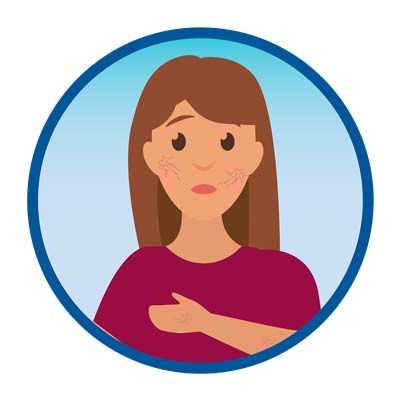 Dry skin |
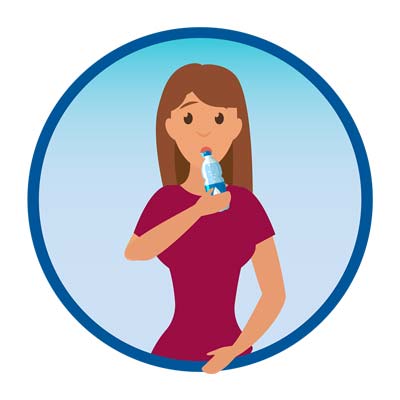 Feeling extremely thirsty |
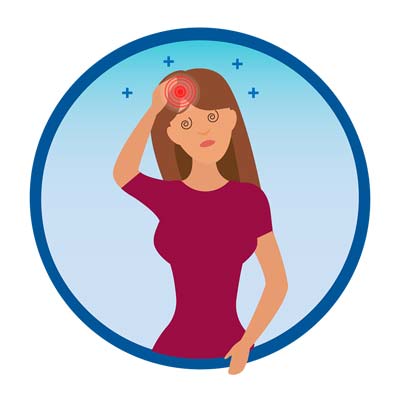 Feeling of fainting |
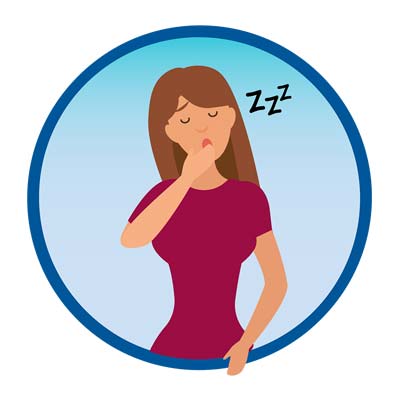 Feeling tired |
 Dark urine |
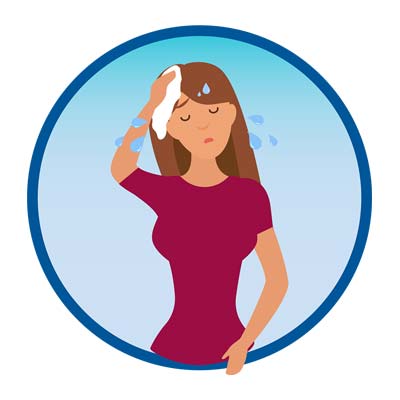 Sweating beyond normal |
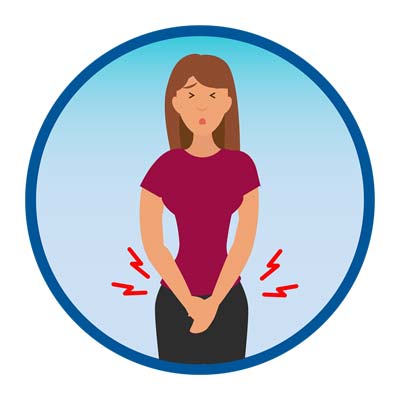 Urinating beyond normal |
Signs of Dehydration in Infants and Young Children
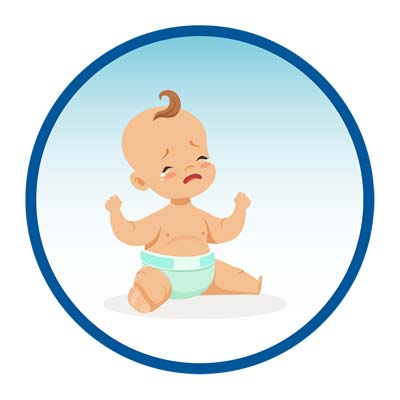 Being irritable |
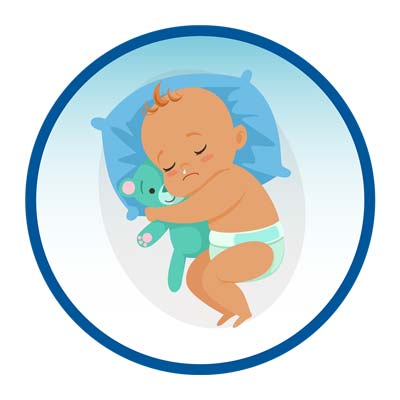 Being unusually drowsy or sleepy |
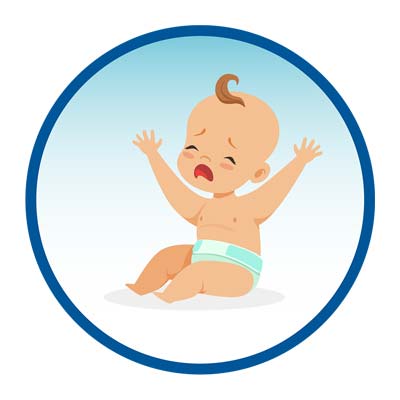 Crying without tears |
 Dry or sticky mouth and tongue |
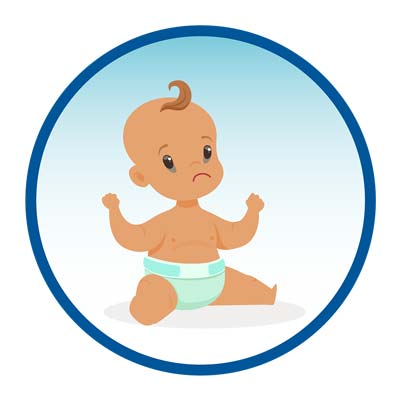 Eyes that look sunken |
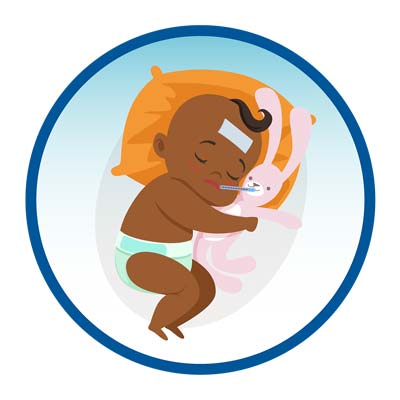 High fever |
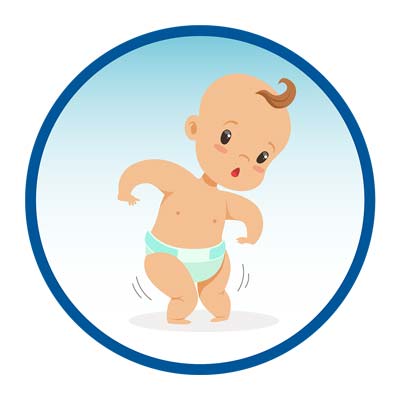 No wet diapers for 3 hours or more |
How is Dehydration Diagnosed?
Doctors usually diagnose individuals who are showing signs of dehydration though checking their vital signs, doing a physical exam and evaluating their symptoms. Your specialist may also request urine tests and blood tests to check your kidney function and electrolyte levels.
What Are the Treatment Options for Dehydration?
The treatment for dehydration varies depending on its severity. For mild cases, doctors may recommend drinking lots of water, sports drinks and considering oral rehydration solutions. On the other hand, people who are experiencing severe dehydration may need to be treated in the hospital with intravenous (IV) fluids with salt.
Final Thoughts
Are you experiencing signs and symptoms of dehydration? Please speak with a doctor as soon as possible to prevent greater health risks. Meanwhile, some of the best ways to prevent dehydration include drinking at least eight glasses of water daily, limiting your sugar and caffeine intake and drinking extra fluids, such as sports drinks, when it’s hot or when you are ill.
Stay hydrated!
Sources:
MedlinePlus
KidsHealth
